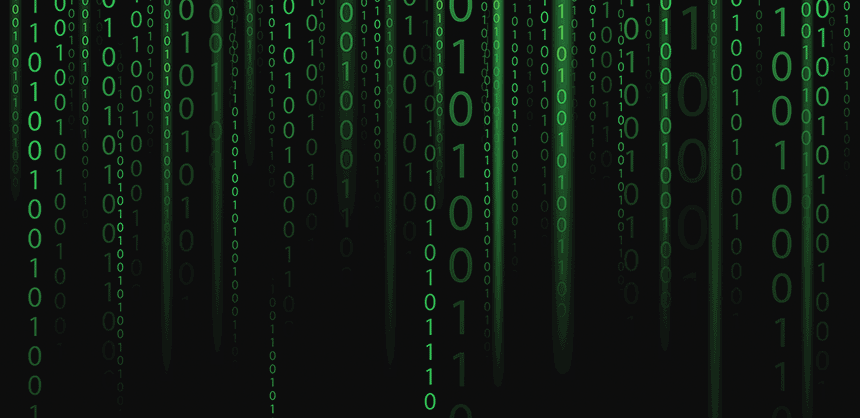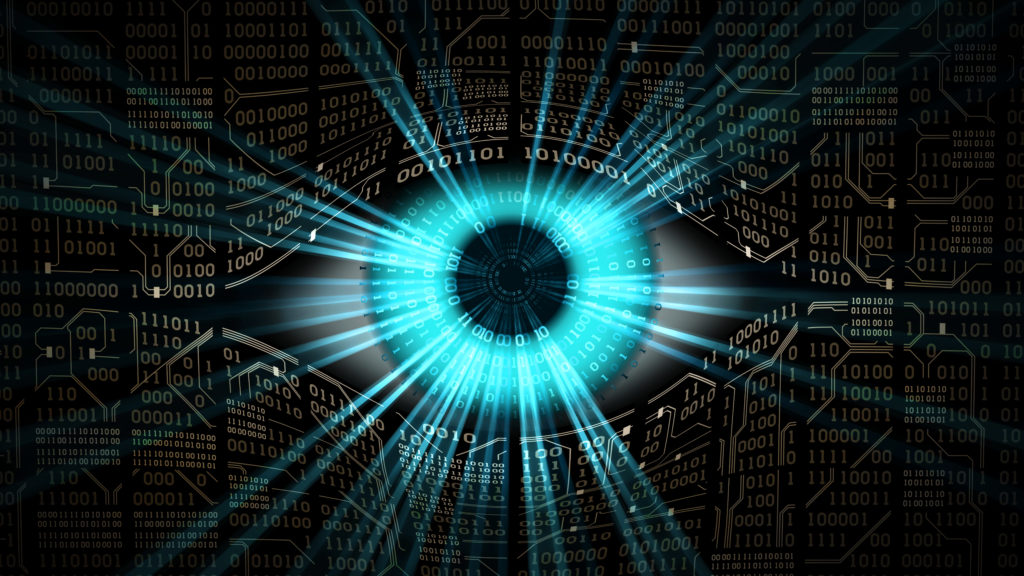Is AI capable of preventing Cyberattacks?
Cyber-attacks are threats to governments, businesses, and institutions today. Data Breaches at the Federal Bureau of Investigation (FBI) and Department of Homeland Security exposed around 200 million personal records including high-profile data leaks. At presents its just trying to figure out what other humans are trying to do which is slow and limited.
When we look at the TOR project, it was originally intended to safeguard user privacy, but recent events have proven otherwise. Around the TOR is being used to carry out illegal activities.
The global market for cybersecurity is estimated to reach 170 billion by 2020 according to a Forbes report. The main reason for the rapid market bump is rising technology trends and the blitz of initiatives that keep security requirements evolving. Trends like the adoption of cloud-based apps, the internet of things (IoT); and “bring your own device” (BYOD) all of these factors are extending security requirement beyond anything a traditional data centre can handle.
Cybersecurity is the buzzword right now and lately; it is being used with Artificial Intelligence. AI enabled cybersecurity programs are proving to be better at protecting and safeguarding digital information.
Let’s get a basic understanding of what cybersecurity is and why AI is preferred for cybersecurity over everything else
Cybersecurity in the simplest terms refers to programming and coding techniques used to develop security software that helps in protecting networks, programs and valuable data from being attacked, damaged or illegally accessed.
Importance of Cyber Security
The primary function of any form of cybersecurity is protecting sensitive information, networks and systems from threats intended to access, hold ransom or steal altogether. Cyber threats vary in nature depending on the purpose of attack (e.g., malware, ransomware, application attacks, phishing). As seen in recent attacks hackers have evolved with time to launch complex automated and sophisticated attacks. This makes keeping up with advanced threats a daunting challenge, specifically in enterprise networks like the governments. Government databases store the most lucrative of secrets and data that hackers can use to cause the most damage.
Let’s look at some grave cyber-threats causing havoc in the world.
Cyberterrorism: The attacks on WannaCry and NotPetya affected companies and organisations in more than 150 different countries and incurred losses over USD 300 million. This not only caused these companies financial setback but brought reputational damage and developed severe business interruption, and most importantly resulted in the loss of customer data. Such threats will continue to advance as terrorist organisations get their hands on new technologies and opportunities.
Cyberwarfare: Modern warfare now involves attacking rival nations using information technology to penetrate networks and cause disruption or even permanent damage. Many countries now acknowledged cyberwarfare as the fifth warfare domain after air, sea, land, and space. This type of cyber-attacks carried out by experienced hackers, well-trained in exploiting computer networks, and are supported by their respective nation. A cyber warfare attack is targeted at intruding into networks and compromise data, destabilise communications and disrupt infrastructural services like public or business transportation and medical services.
Role of AI in Cybersecurity
Artificial Intelligence (AI) can play a vital role in helping with such threats. AI is capable of being a valuable ally when it comes to establishing a line of defence against hackers. AI can be trained to detect and learn patterns continually for any deviation in it. Machine learning is a crucial component of AI. It uses collected data to constantly improve its functions and develop preventive strategies to tackle future attacks. Its ability to learn and understand user behaviour and recognise patterns and identify slightest deviations in those patterns makes it perfect for Cybersecurity. Additionally, AI can use this information and develop its own strategies and functions as well.
A number of Governments, Private Businesses and Corporations are using AI systems as it goes through structured data and complex, unstructured data like words, phrases, and statistics with tremendous speed saving a lot of time and money. This will help in providing proactive responses to new threats. Essentially, AI could save money as well as national secrets.
Hackers are continually striving to beat the machines, sneaking through loopholes and cracks we don’t realise exist. In the present situation, it takes months before we detect a data breach and we end up losing sensitive data while the hackers are long gone. This may not be a case when AI is in the picture, it collects data continuously and can stay prepared the next time hackers to appear. AI can detect behavioural abnormalities displayed by hackers and stop them in their tracks.
Modern innovations in Artificial Intelligence and Machine Learning are proving to be the best option in the war against cyber-threats. A proactive approach keeps us safe and prepares us for the future.
- Discover How: IoT Drives the Future of Banking & Financial Industry - August 24, 2020
- SD-WAN Securing Dynamic Networks - June 10, 2020
- How Secure is Serverless Computing? - April 26, 2019


